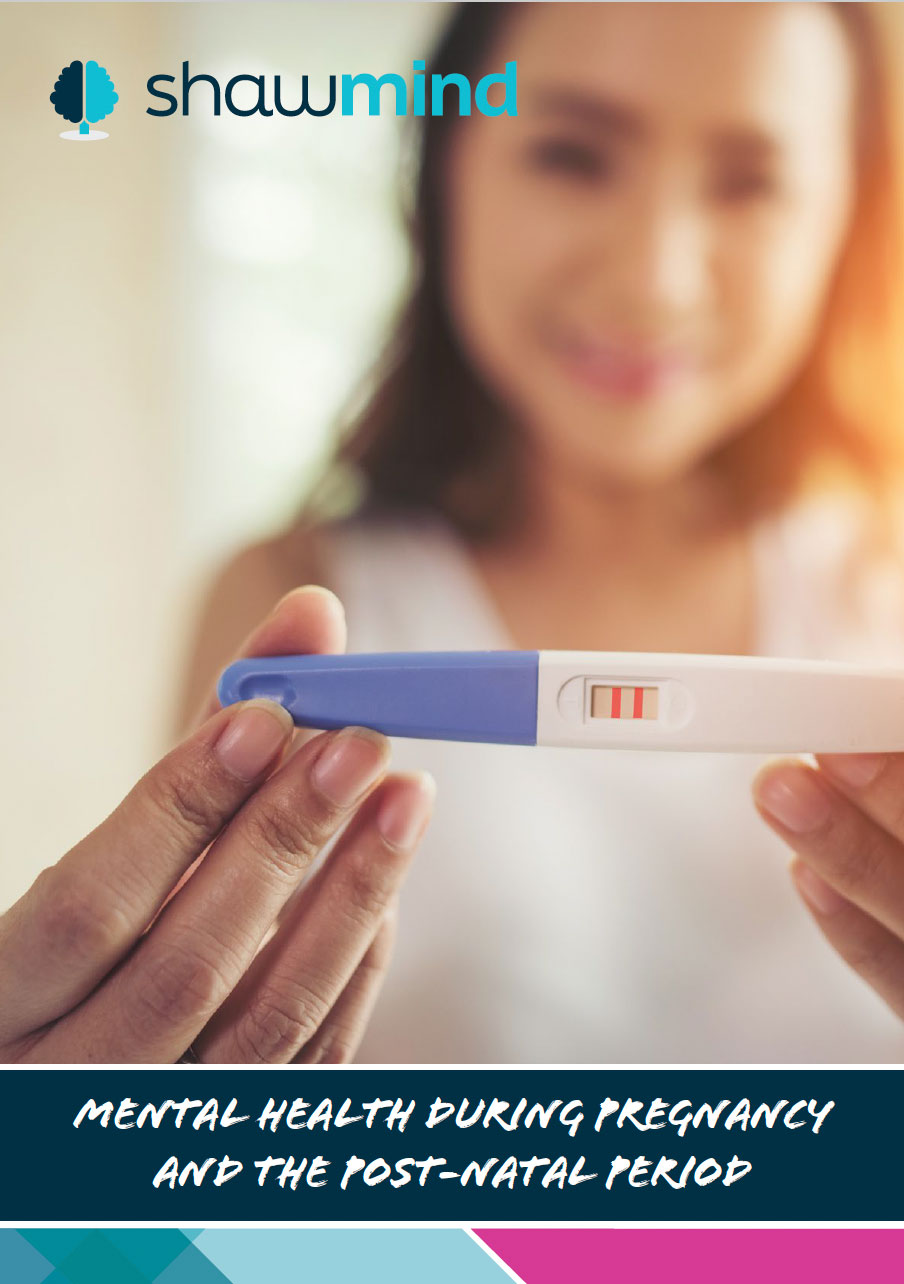Mental health during pregnancy and the post-natal period is often treated as a taboo subject, especially by those who are suffering. Some people think that having a mental health problem is a reflection on their parenting ability. Others fear that reporting their concerns will lead to the removal of their new child by social services.
Thankfully, these lines of thinking are not based on fact. Social services worldwide want children and parents to stay together as often as possible, and they understand that parental ability is not determined by mental health. Unfortunately, treating the subject as taboo means that many sufferers do not seek the treatment they require at early stages and often suffer unnecessarily.
With this leaflet, we’ll talk you through a number of mental health conditions that affect new mothers. If you are expecting a baby, try not to worry. As a new parent, it is good to be mindful of these things. And, what everyone reading this needs to know is, these conditions are treatable. Never, ever feel ashamed if you are suffering. You are not alone; there are many people, all over the world, in a similar position to you.
Throughout this leaflet we will be using the terms post-natal and pregnancy. In many instances these terms are interchangeable and can also reflect other phrases such as postpartum, antenatal or prenatal, that all relate to various stages of the pregnancy cycle. Whilst there may be certain scenarios that only occur in one stage of pregnancy, there is general agreement in the field that you can use any of these terms when referencing the whole of pregnancy.
To find out more, download our mental health during pregnancy and the post-natal period guide:
DOWNLOAD GUIDE

